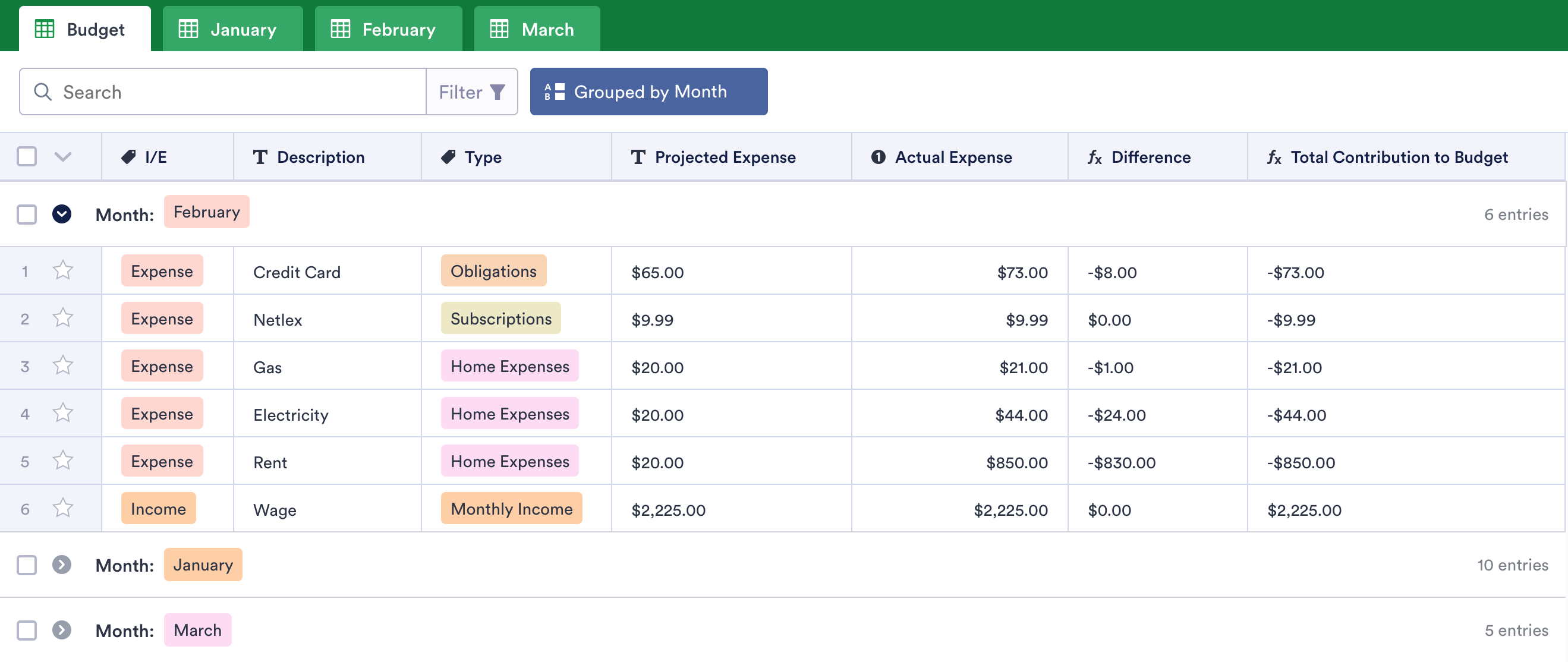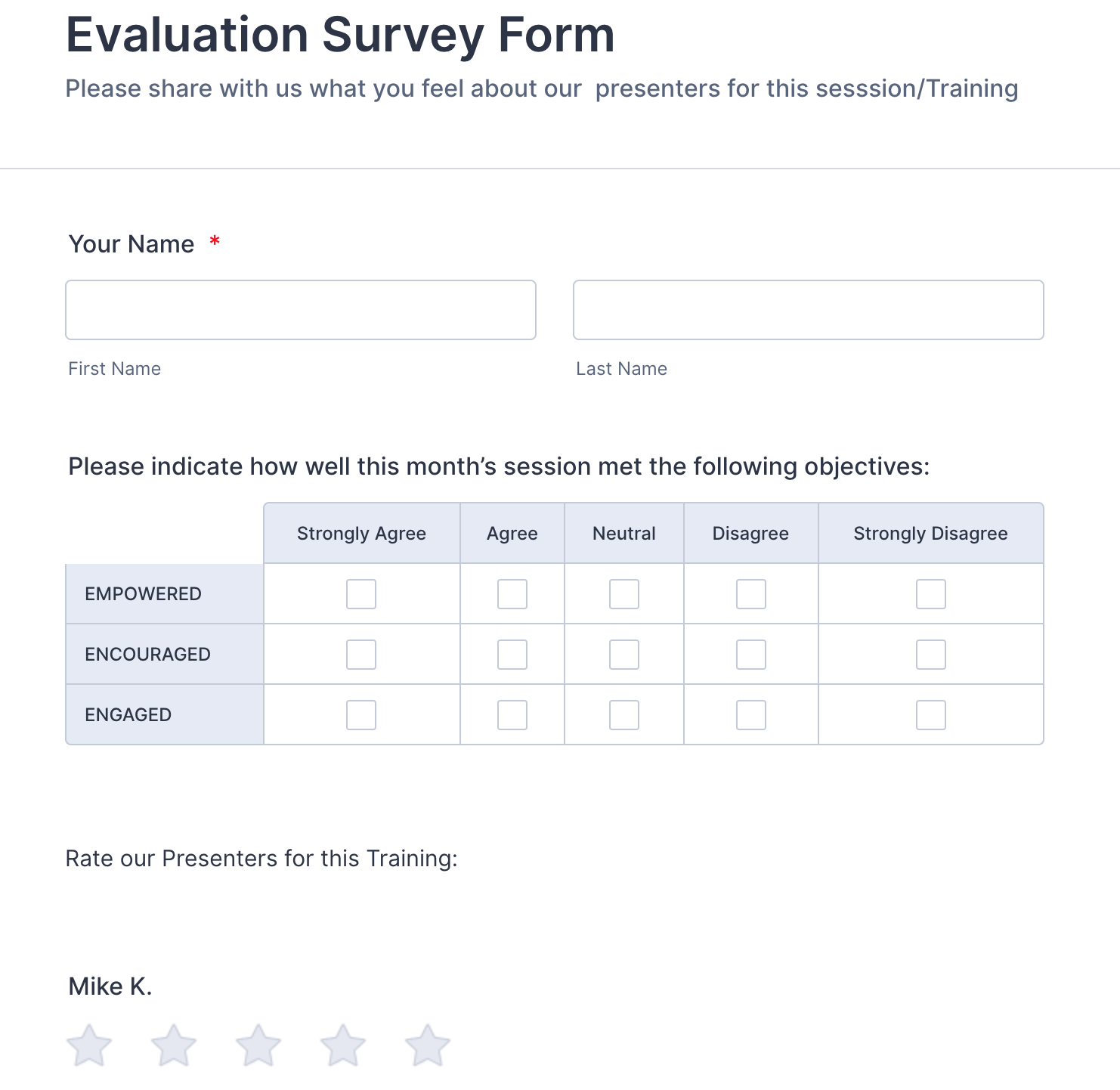Have you ever gone to a noticeably disorganized coffee shop?
Sometimes they call out your order by name; other times it’s by item. Sometimes they bring your food to the table, and other times you have to get it yourself. It makes you wonder — because they do it every day — why their process isn’t more consistent.
Now picture checking into a hospital or hiring a lawyer for a lawsuit. In those situations, there’s much more at stake than getting a coffee.
What if the hospital or law firm doesn’t provide a consistent process to manage your particular case? Precious time and information could be lost, which may significantly impact the outcome.
That’s why a case management process is critical to success in any industry where situations (or cases) require the completion of specific steps.
In this post, you’ll learn the basics of case management — what it is, typical steps in the process, and how technology can help — through examples from the legal field.
What is a case management process?
A case management process is the coordination of steps, services, and tools (management) on behalf of an individual’s particular situation (the case).
The primary industries that require a case management process are those in which “cases” typically occur, such as healthcare, social services, insurance, and law.
Collecting, organizing, and storing data is critical to success in case management.
Rather than using paper and pen, emails, and spreadsheets to manage the process, you can customize Jotform templates and workflows to receive, store, and act on information about a case. This allows you to provide a consistent process to your client, cut back on administrative time and effort behind the scenes, and free up resources to resolve the case, rather than spend time managing it.
Case management steps
The exact steps may vary by company, but in general, the case management process includes certain phases, which are outlined below. Below, we recommend some Jotform templates to use for specific phases.
1. Intake. A law firm receives a lead, or a potential case, from an individual. At this stage, the firm needs to ask the right questions to understand the case and gather information securely, in an organized fashion. For example, say a person was injured in a rear-end collision and is seeking legal recourse against the party at fault.
Recommended Jotform templates: You can use a client intake form or online request form to gather the right information.
2. Assessment and investigation. The next step is to learn what happened in the accident, understand the laws in that jurisdiction, establish liability, and open claims with any insurance carriers.
Recommended Jotform templates: Use the client onboarding form, risk register form, or feedback form to gather information and evidence about the case.
3. Plan. The lawyer provides the client with a cohesive strategy, a plan of action, and an overview of the resources needed to resolve the case. For example, the options could include negotiating with the at-fault party to resolve the case through a settlement or going to arbitration or trial. The lawyer will need to determine — and communicate — what resources will be required for these steps.
Recommended Jotform templates: Use a general table template or a budget template to present a view of the project steps and budget to the client.
4. Execution. The attorney delivers on the plan laid out in step three. This can be through negotiation, arbitration, or a trial.
5. Closure. Once the case is resolved, the final step is to store the records, close outstanding invoices, and prepare the client for any future follow-up for the case.
Recommended Jotform template: Use the evaluation survey form to gather feedback from the client so you can improve the process for next time.
A case management toolkit
Jotform helps case managers deliver a consistent process for each case, be it in the medical, legal, social services, or any other field.
To get started, customize some of these free table templates for your next case.

























































































Send Comment: